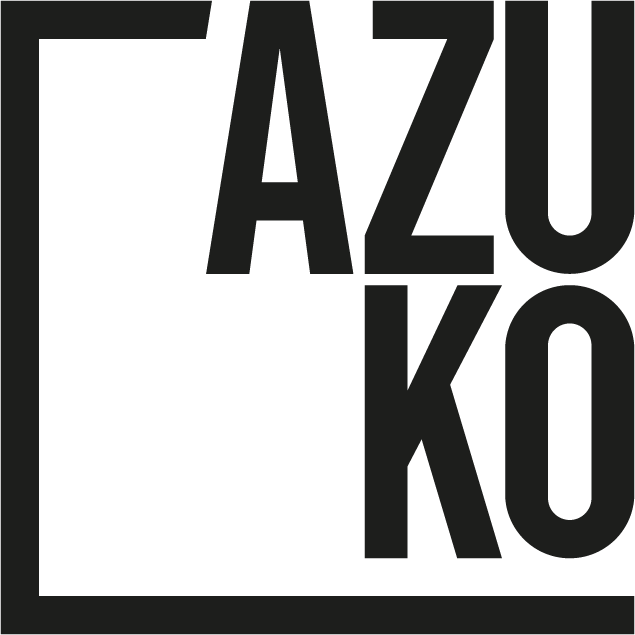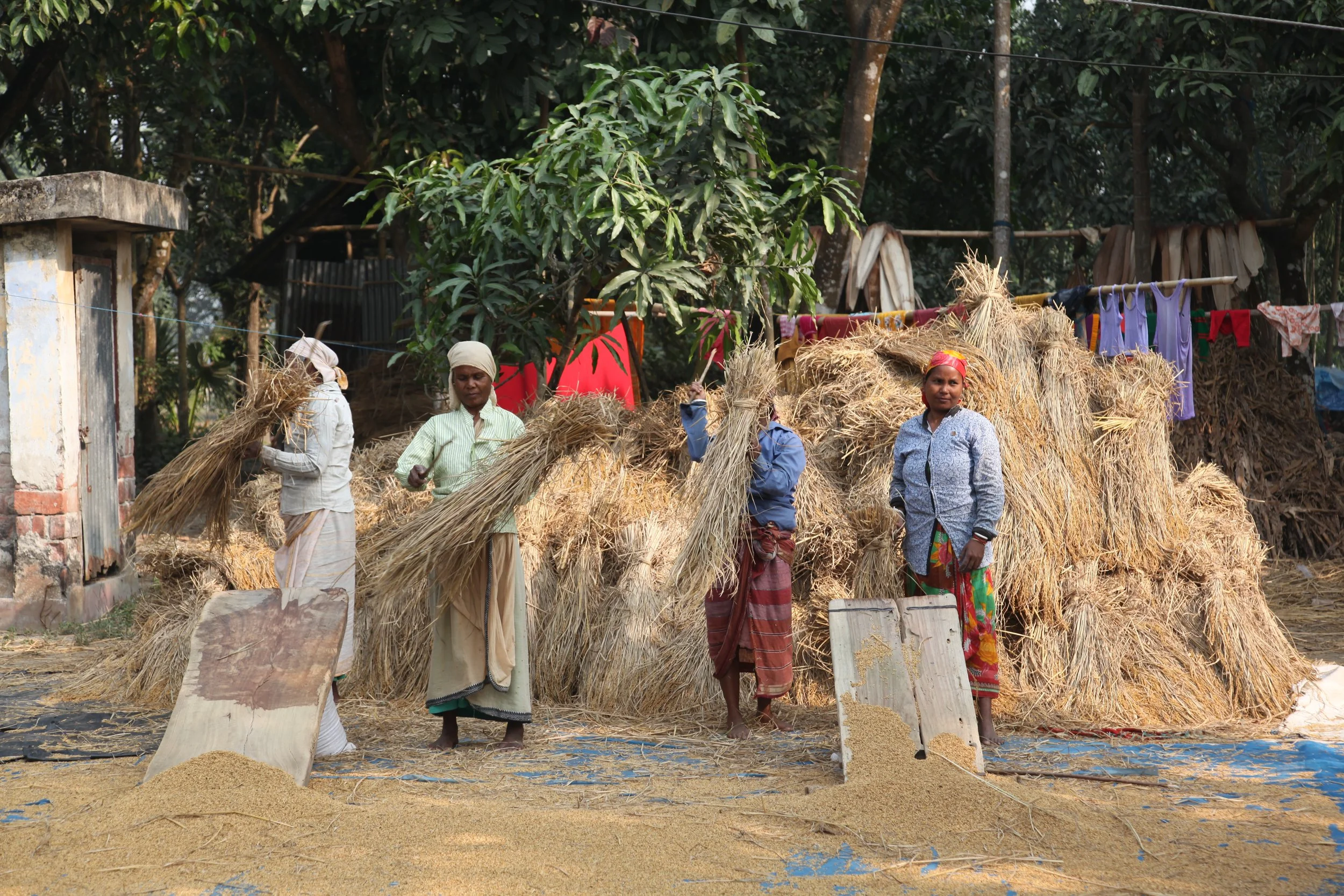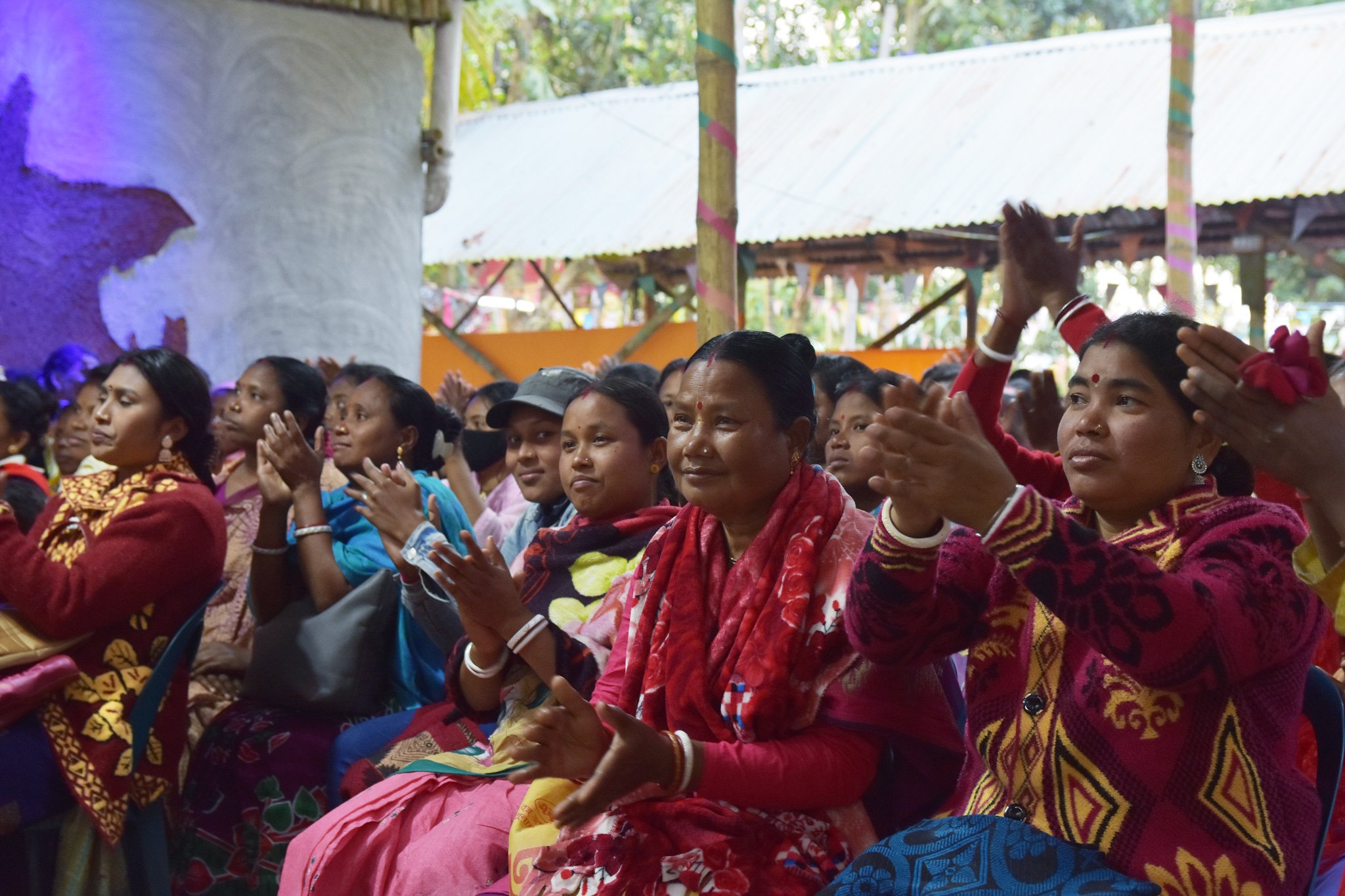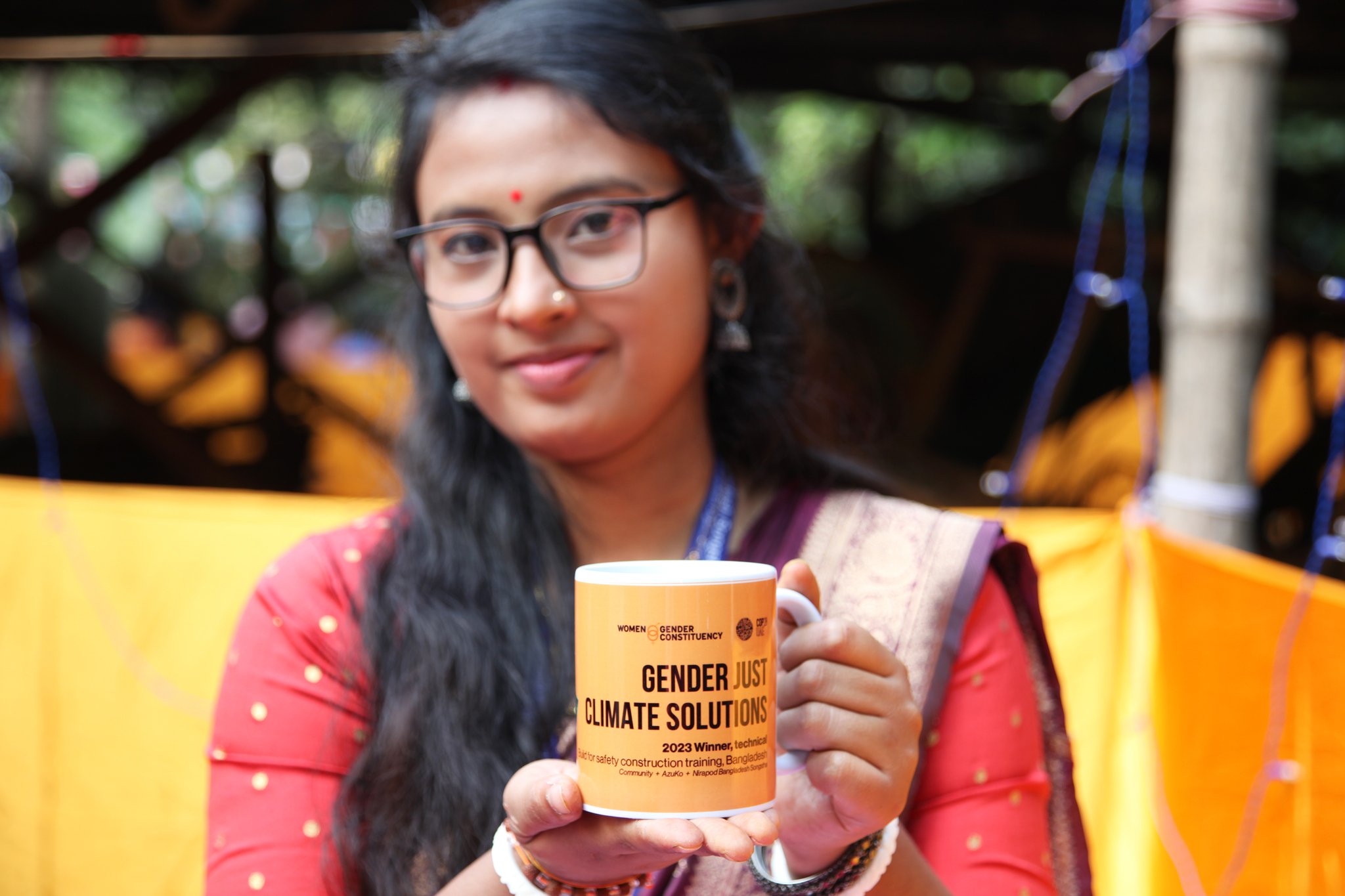Our Build for safety training won the Gender Just Climate Solutions Award, which was announced at the United Nations Climate Change Conference (COP 28). Our training supports women, and their families, build climate-resilient homes in rural Bangladesh.
AzuKo is one of three organisations (Dastak Welfare Foundation in Pakistan, and Paran Women in Kenya) from across the world, to be recognised for our contribution to gender equality and climate justice.
We were invited to the United Nations conference to present AzuKo’s work and impact, campaign for housing justice, attend workshops on climate advocacy, and network with climate conscious organisations.

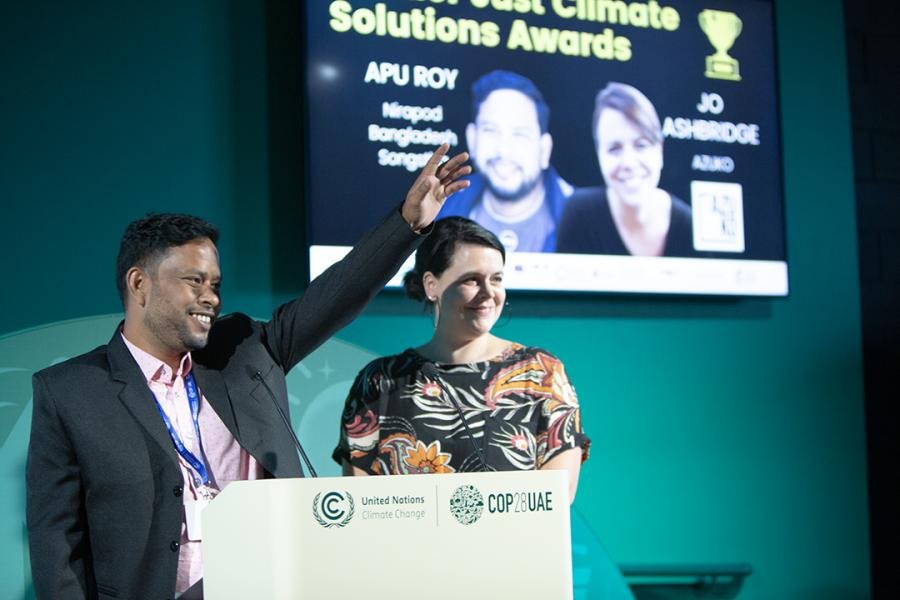
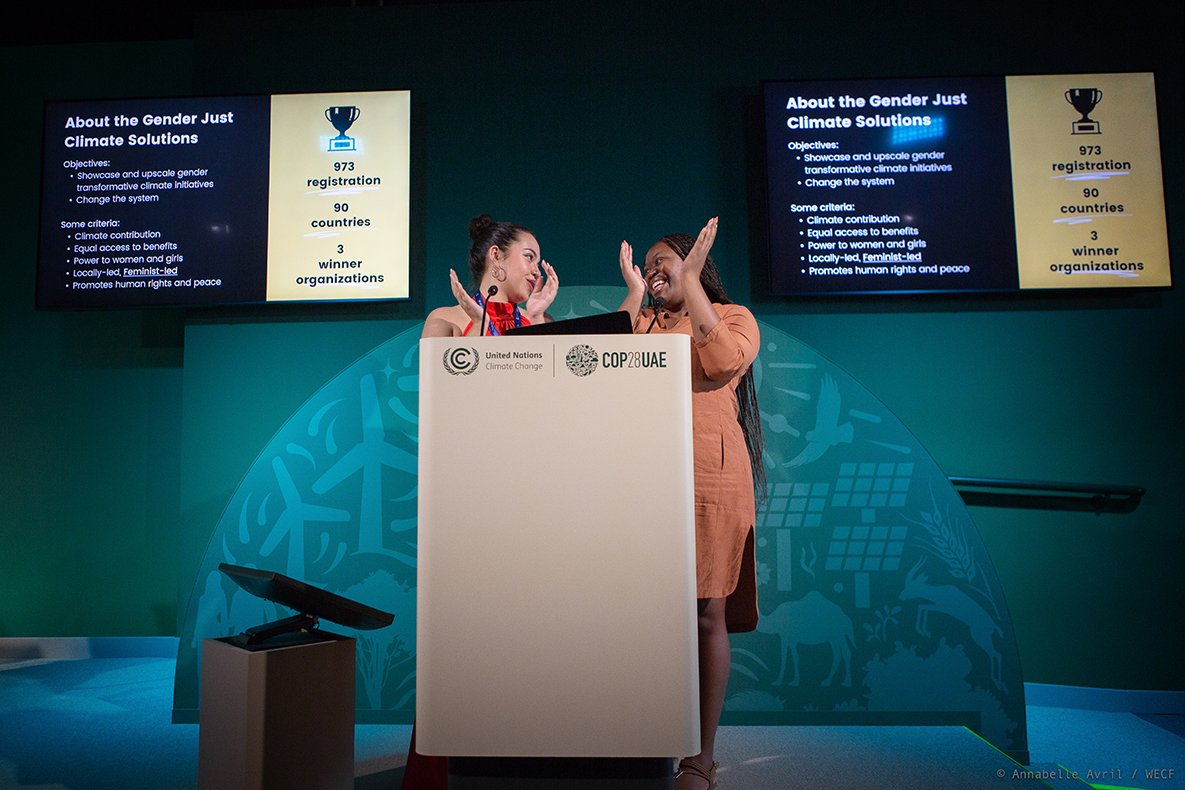
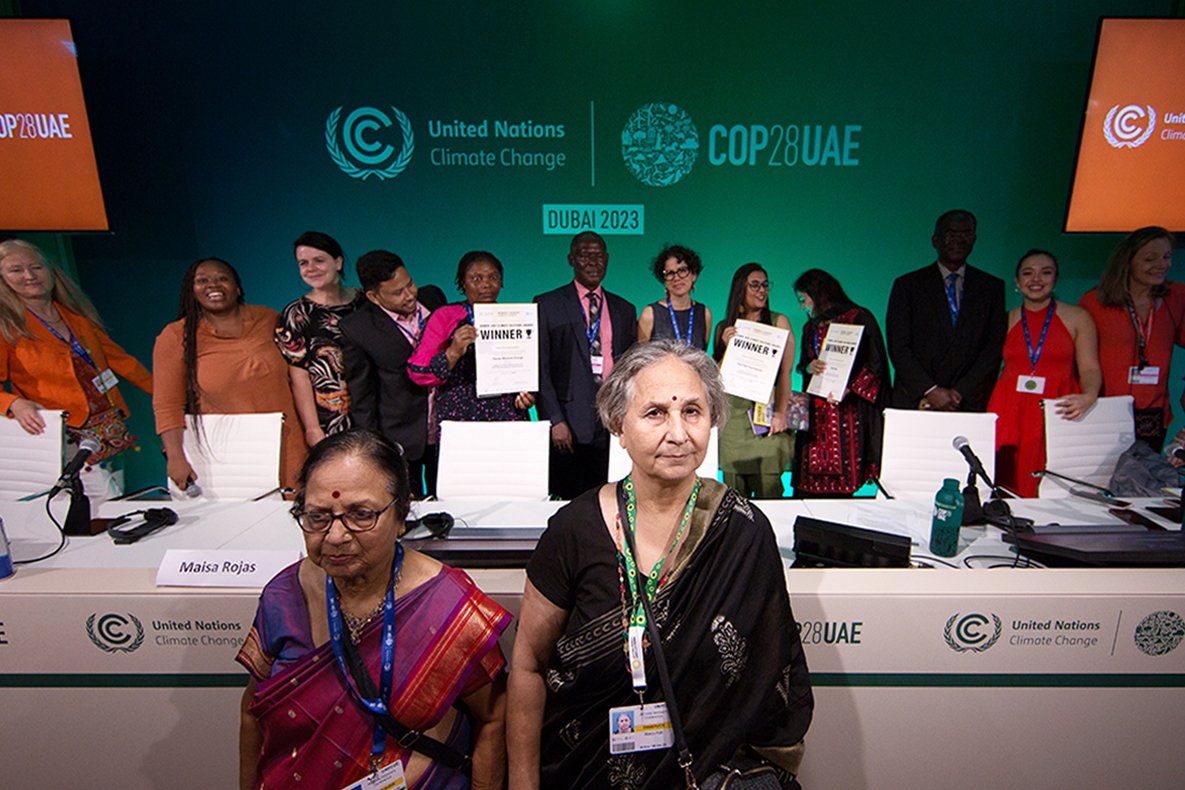
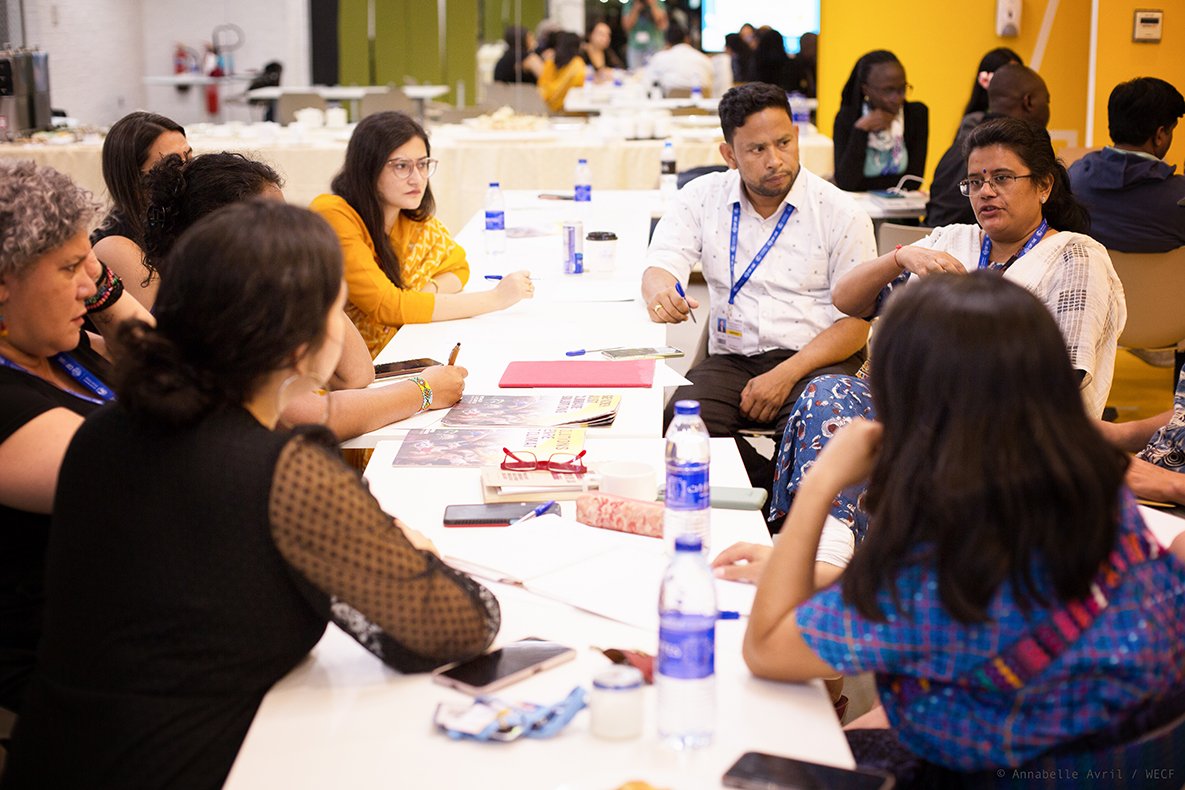
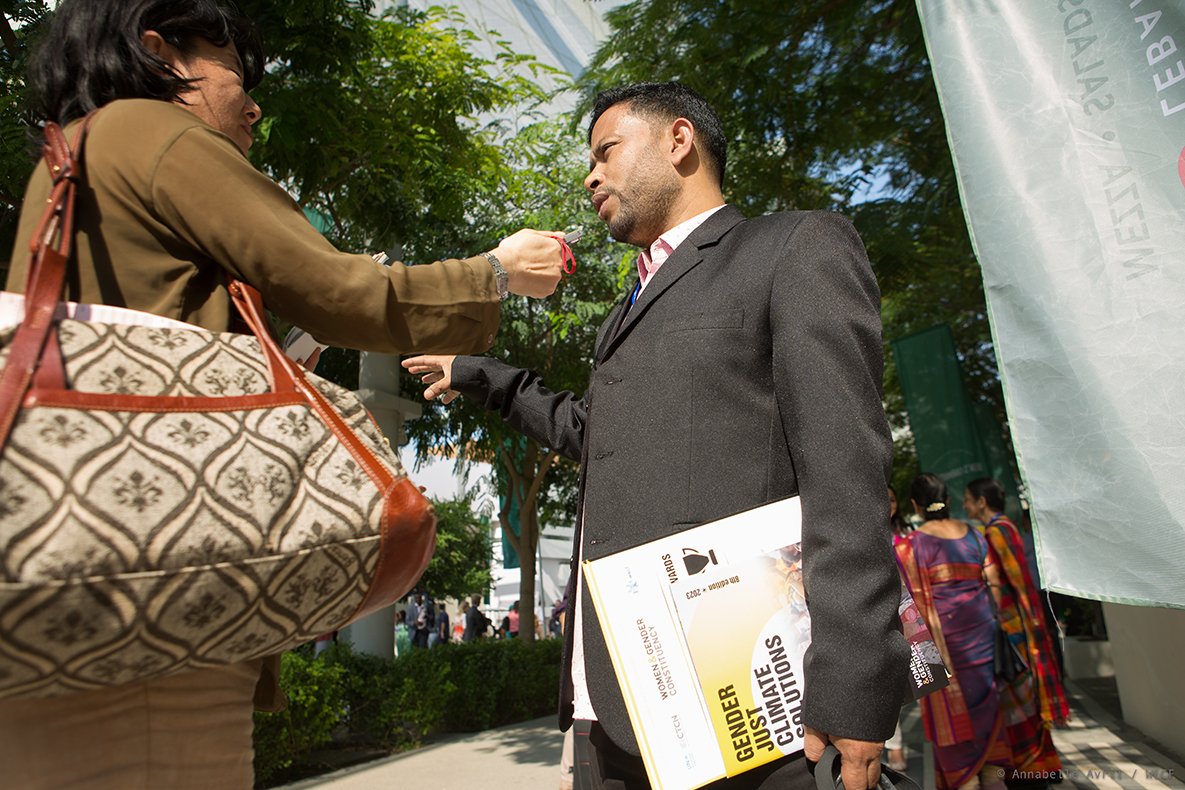

(Photos: Annabelle Avril / WECF)
“We work in an area of Bangladesh that suffers from floods and storms, where housing poverty is acute. Our Build for safety training provides women with knowledge, skills and confidence in construction. It offers solutions that are affordable, appropriate and available locally, and empowers women and their families to build safer homes.”
It was a fantastic opportunity to share AzuKo’s work on such an international stage. We’re so pleased to join the UNFCCC Women & Gender Constituency, which ensures that gender equality and human rights are at the core of climate action.
After the conference we returned to Bangladesh to celebrate with the amazing women we work with.
Read more about the Awards:
Navigating COP28: Key Takeaways for Architects from the Dubai Summit (ArchDaily)
Gender Just Climate Solutions (IISD / Earth Negotiations Bulletin)
Finance and Energy Kick Off Thematic Days at COP 28 (IISD / SDG Knowledge Hub)
Gender Just Climate Solutions Awards 2023 – Meet the winners! (WECF)
COP 28 logbook: songs and initiatives that really change the lives of women (Usbek & Rica)
